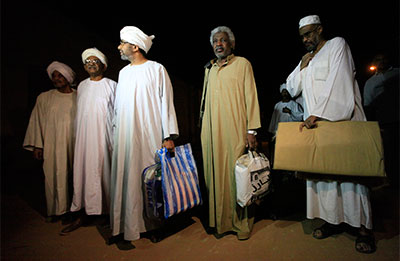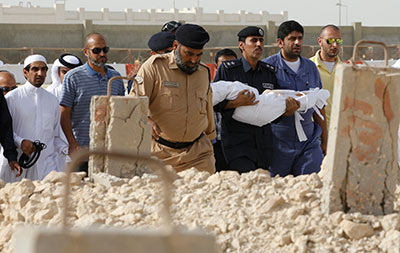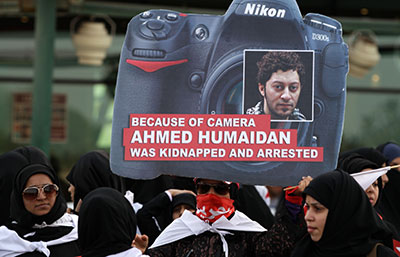Middle East & North Africa
2013
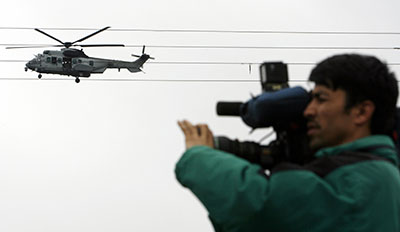
Getting ready for contingencies in Afghanistan
Considering the worst-case scenarios for post-2014 Afghanistan, international news agencies should start planning a range of assistance responses for locally hired journalists and media staff. By the end of 2014, NATO troops will have largely withdrawn and the Karzai government will make way for a new administration. If the situation becomes chaotic, Afghans working for…
Tamil journalist will not be forced back to Sri Lanka
A short note to follow up on an alert we posted Wednesday on the threatened deportation of Lohini Rathimohan (also spelled Lokini), a former television journalist and one of 19 Tamil refugees facing deportation from the United Arab Emirates. Earlier reports said the refugees, who reached Dubai illegally, could be deported this week.
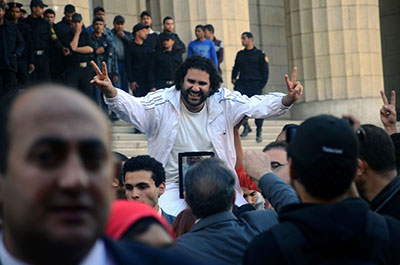
In Egypt, crackdown against media reaches new lows
The government of Egyptian President Mohamed Morsi continues to escalate its offensive against journalists. Details of the most recent case, in which an arrest warrant was issued for blogger Alaa Abdelfattah for inciting “aggression” against members of the Muslim Brotherhood, show how low the government is willing to go in order to silence its critics.
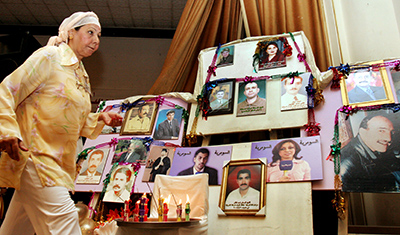
Iraq war and news media: A look inside the death toll
The U.S.-led war in Iraq claimed the lives of a record number of journalists and challenged some commonly held perceptions about the risks of covering conflict. Far more journalists, for example, were murdered in targeted killings in Iraq than died in combat-related circumstances. Here, on the 10th anniversary of the start of the war, is…
Mission Journal: Who is a journalist in Egypt?
Egyptian journalists, besieged by punitive lawsuits and under threat, agree that under President Mohamed Morsi “there is no press freedom, only the courage of journalists,” as editor Ibrahim Eissa put it. What they can’t agree on is–in a climate of freewheeling, mutable media–who exactly is a journalist?
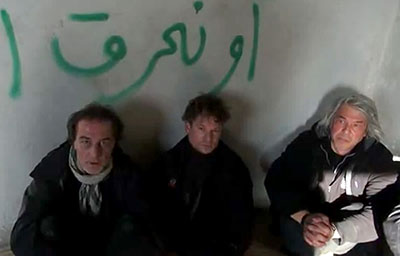
Do news blackouts help journalists held captive?
At any given time over the past two years, as wars raged in Libya and then Syria, and as other conflicts ground on in South Asia and sub-Saharan Africa, a number of journalists have been held captive by a diverse array of forces, from militants and rebels to criminals and paramilitaries. And at any given…
